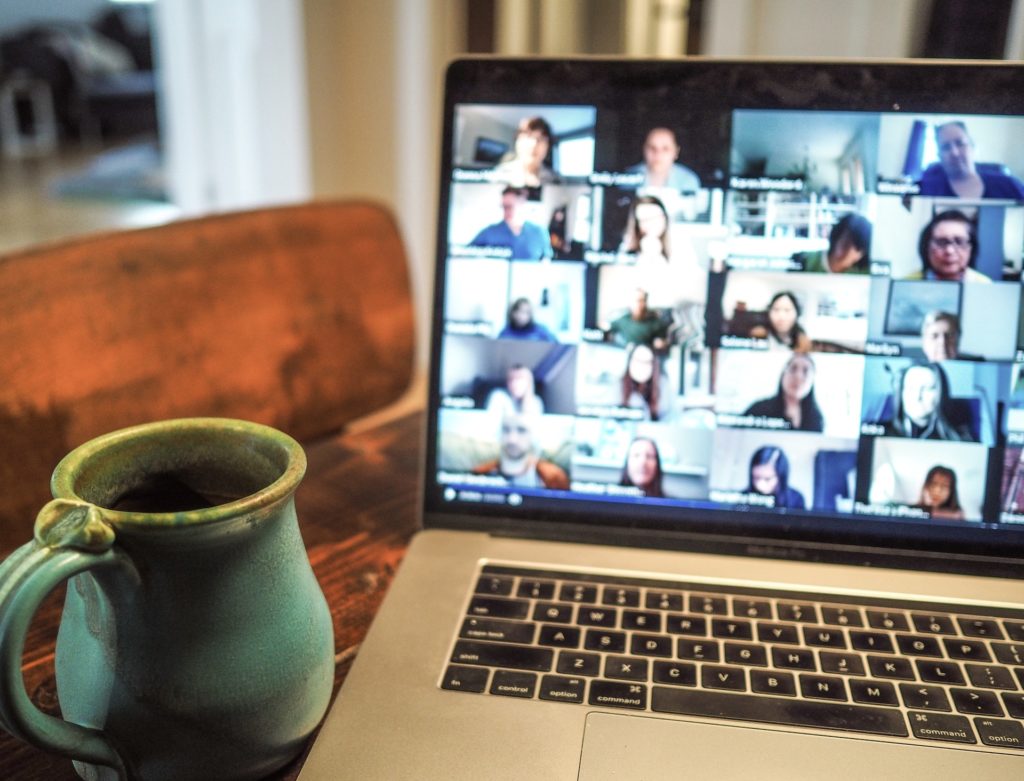Maybe – just maybe – your gut-level feeling that you shouldn’t be doing something is right. But if you’re an introvert, you’ve probably had a lifetime of being told to ignore your feelings, and urged to act just the opposite.
Want to stay home and read? “What’s the matter with you, anyway?” It’s implied that you’re neurotic or even antisocial. Want to leave a party before it ends? “You’re a party-pooper.” Find large groups overwhelming? “Just get out there and have fun (said with incredulity)!” (Even though the event gives you a headache or even nausea.) Enjoying being quiet and listening when in a group? “You’re shy, aren’t you?” a shaming label if ever there was one.
We end up forcing ourselves to do things that aren’t bringing us any pleasure, and somehow berating ourselves for the demoralizing experiences we endure. Then we crawl back into our little cave.
It’s no wonder we have never learned to trust our feelings as guides to what will lead to success and happiness.
There is a caveat here: if you are an introvert, and haven’t had good guidance in developing your introversion in a confident way, your reluctance to participate in a given event may not be the result of intuition (“This isn’t for me”) but the result of anxiety, because you haven’t learned the social skills to cope successfully with such events.
How do you tell the difference between intuition and unwarranted, self-defeating anxiety?
The anxiety over not knowing what to do or say is simply a lack of social skills, common to many introverts who have learned to shrink away from social interaction. The self-consciousness we develop from feeling out of step with society, plus our increasing lack of practice in social skills are a part of what I call “introvert baggage,” not a necessary part of introversion, which merely calls us to manage our energy effectively.
Gaining confident social skills is simply a matter of finding good models, not the bright, energetic center-of-attention model, but the quiet, well-mannered helps-other-people-feel-comfortable model.
You can find these models through observation, reading (try an etiquette book), or coaching.
Simply acquiring social skills doesn’t mean you must get out there and go on a social binge. It does mean that you are able to do so when it’s important to you: to network, support friends, etc.
Why is socializing important? Nobody gets through a successful life alone. We all need a confidantes, support systems, and networks. If we are in business, and most of us working people are in some way or another, we need to be able to connect meaningfully with people who see value in our contributions.
It can be painful, however, and here’s where self-knowledge and your intuition can be an excellent guide.
Business coaches often urge me, and others, to go to every possible networking meeting in order to meet people who somehow, some time, might be able to help make our businesses go forward.
I reflected on this, and it occurred to me that this might be the equivalent of urging Kate Middleton to attend every possible party in England in the hopes that she would someday meet someone who could possibly introduce her to the future King of England. (Cue cynical laughter here.)
How do you know when it’s right to go? First, take some time to sit quietly with your wisdom and get very clear on what you want out of life. Banish the “shoulds” of society. Mentally practice your social skills: greeting people, appreciating them. Stop worrying about how good things are going to happen. Convince yourself that they can, and you are worthy.
Then, take a chance on going out somewhere, such as a meeting or a party, to check whether or not it’s in line with your vision. At the first sign of discomfort, ask yourself if it’s your lack of skill, or if there is really something going on here that is counter to your best interests.
If you’re still a little unclear, you sometimes need to allow a given event a second chance before you are clear as to whether you are responding to your intuition or simply to your “introvert baggage.” But don’t be afraid to draw yourself up proudly and say to yourself, “This simply isn’t for me. I will never be appreciated here for who I truly am.” Thank the host, hostess, or event organizer as you leave.
With enough Introvert Pride (yes, you can develop that), you can even say, as I have sometimes done at a pleasant event at which I’ve had enough, “I’m not leaving because I don’t like your event. I am an introvert, and I have had enough stimulation for one evening. Thank you very much.”
Some time ago, I was due to attend a networking meeting, but felt reluctant to do so. I hadn’t really gotten any meaningful connections at this group; furthermore, I often left feeling vaguely depressed, somehow assuming that there was something wrong with me.
But taking a furlough from life, I concentrated on who I was and what I wanted, no matter how crazy it sounded. Faced with yet another meeting of this group, I told myself bravely that I didn’t have to do that anymore – it was a go-nowhere situation for me. I fought back the voices of previous coaches who scolded me for being too passive.
So I skipped this next meeting, stayed home, and started looking at the internet for groups that might be more aligned with my interests. I found one quickly (my gut said “yes”), attended it the next day, was welcomed, connected immediately with interesting people, and set up a great relationship/partnership with two of the members.
These relationships and partnerships seem to flow into life easily, once you know who you are, and can handle it.
Until you’ve aligned your actions with your gut, you don’t know how really easy and sweet life can be.
_______________________________________________________________________
Lynette Crane is a Minneapolis-based speaker, writer, and coach. She has more than 30 years’ experience in the field of stress and time management and personal growth. Her latest book is The Confident Introvert, written to help introverts overcome the stress of living in a culture that idealizes extroversion, so that they can thrive, and not just survive.Visit her website at http://www.creativelifechanges.com/ to see more in-depth articles and to view her programs.


